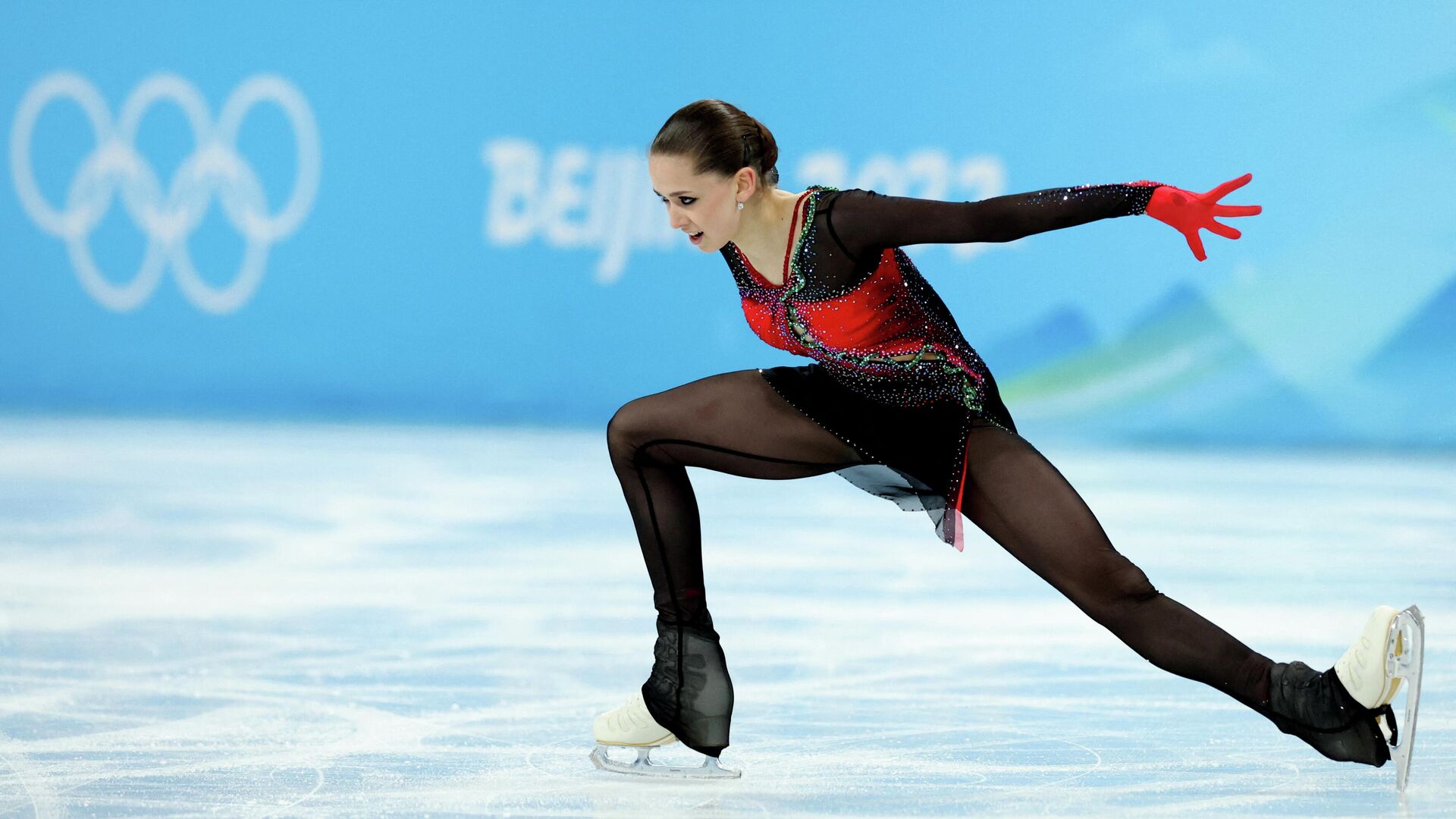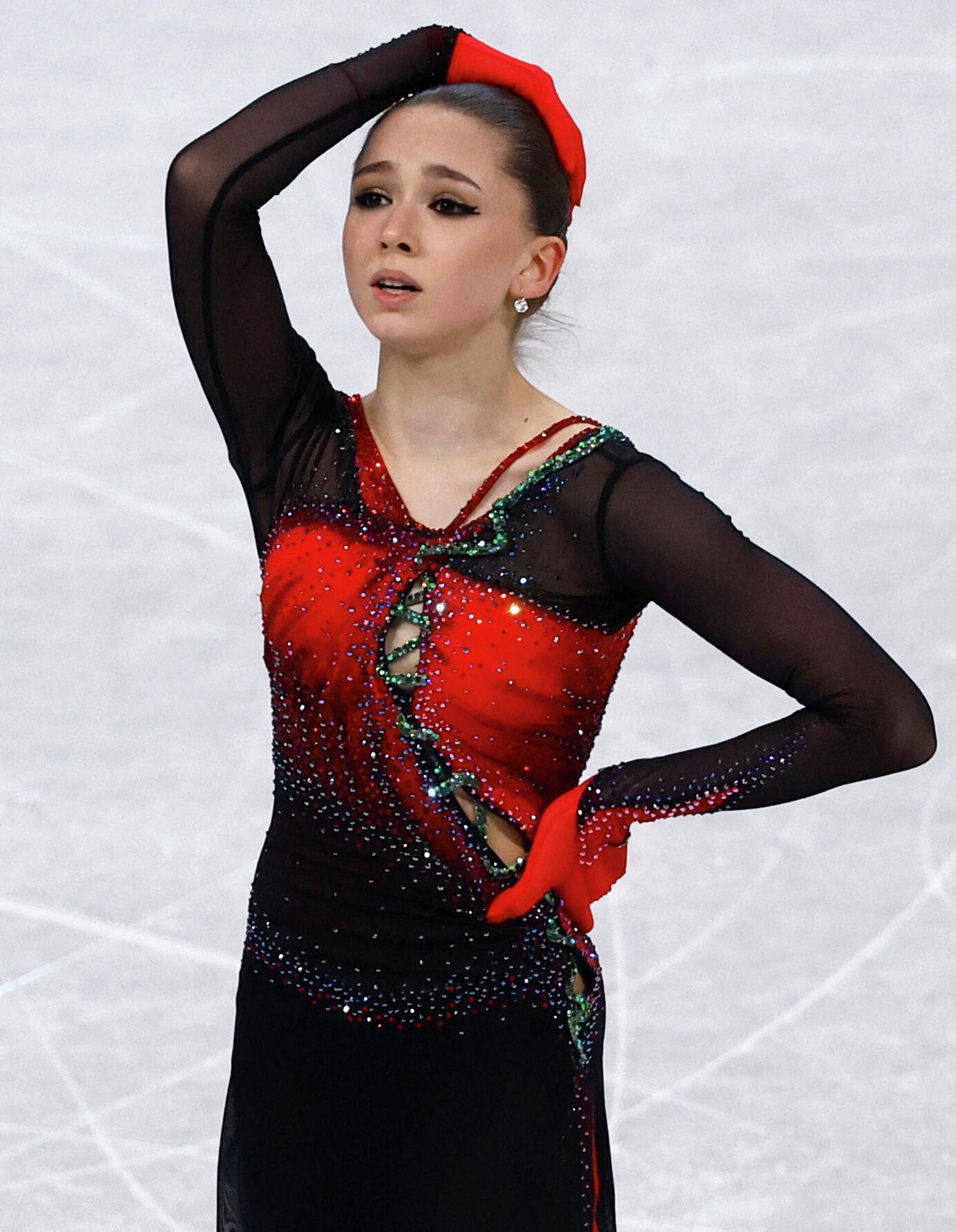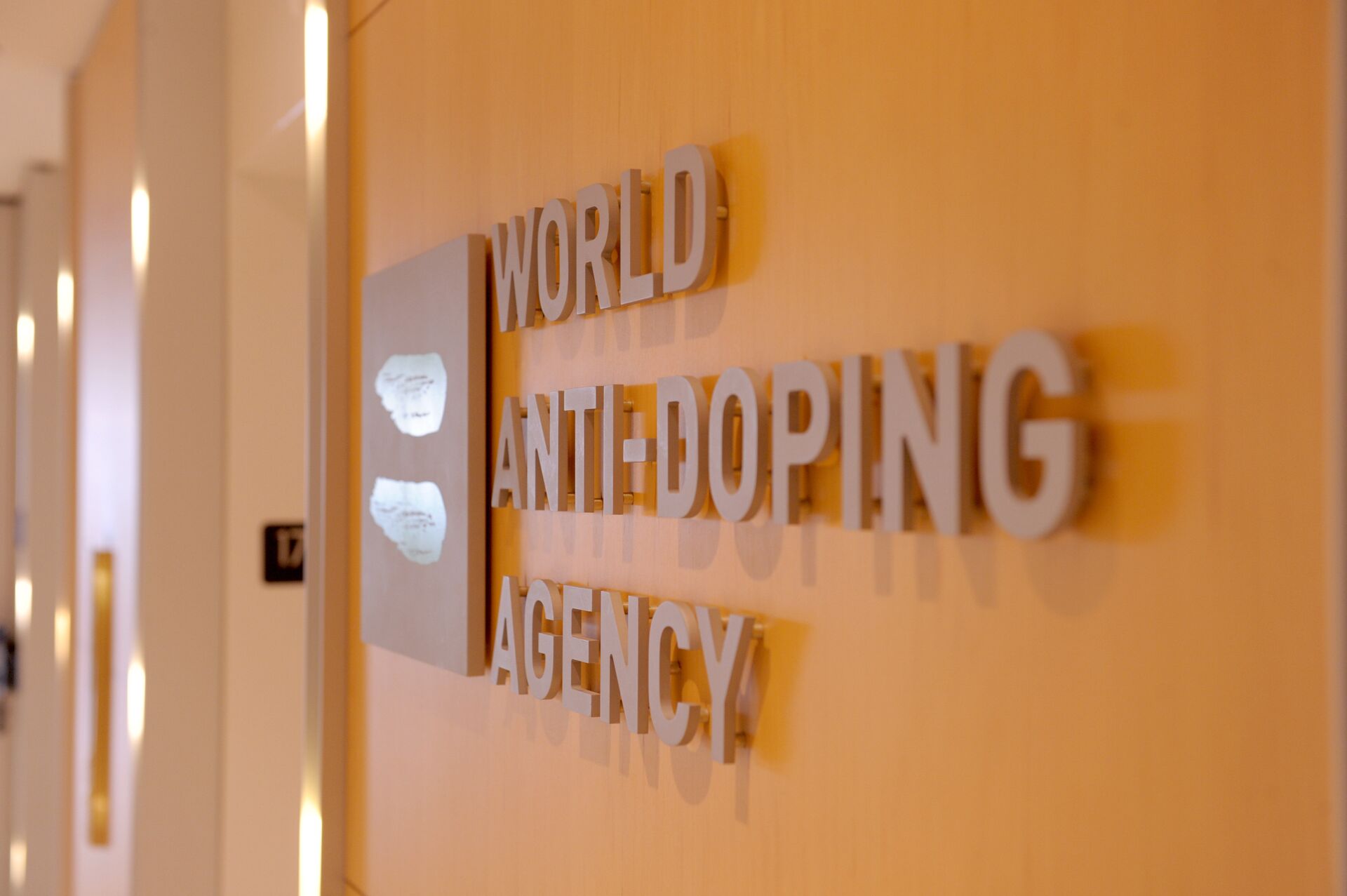Valieva Case: How Western Sport Agencies Turned 2022 Olympics Into Anti-Russian Vendetta, Again

© REUTERS / PHIL NOBLE
Subscribe
A day after Russia's Kamila Valieva became the first female figure skater to land a quadruple jump at the Olympics, WADA suddenly made an announcement about her "positive" anti-doping test taken 45 days ago, prompting a new wave of anti-Russia media hysteria and criminal prosecution threats from the US Anti-Doping Agency.
"Politicians and media in the West who hate China and Russia have hit the jackpot with news that Kamila Valieva tested positive for a banned drug," says Rick Sterling, a writer and journalist who has written extensively about doping at the Olympics. "This is a huge distraction from the ongoing events and success of the Beijing Winter Olympics. It is taking over the media. The fact that Russian athletes have been tested more often with fewer positive cases than most other countries is ignored. This story is very much welcomed by those who see China and Russia as 'adversaries.'"
The doping test controversy erupted immediately after the team ice skating event at the Beijing Winter Olympics, which saw Russian athletes, including Mark Kondratyuk, Kamila Valieva, Anastasia Mishina, and Alexander Gallyamov (pairs), Victoria Sinitsina, and Nikita Katsalapov (ice dance) all win. The awards ceremony was rescheduled first from Monday to Tuesday, and then – indefinitely.
On 9 February, Inside the Games claimed that the reason for the delay was Valieva's "positive" doping test, who is a 15-year-old Russian figure skater. The news triggered a wave of speculation and accusations levelled against Russia and the teenage athlete by the international press.

Kamila Valieva of the Russian Olympic Committee reacts after competing in Women Single Skating. 7 February 2022
© REUTERS / Evgenia Novozhenina
The "doping scandal" involving the Russian skater looks fishy, according to Guy Mettan, a Swiss politician, journalist, author, and former executive director of the Geneva Press Club. The first question hangs over the conditions of the analysis of the sample by the Swedish laboratory. The second question is why the results have been published the day after the competition and not before, or later, the Swiss politician asks.
"It is certainly a rather awkward scenario for the authorities, as the positive result should have been reported earlier," echoes Dr Gregory Ioannidis, a sports lawyer. "This throws the competition into disarray and it justifiably creates suspicion."
Valieva, the current Russian and European figure skating champion, gave a sample on 25 December 2021 under the testing authority of the Russian Anti-Doping Agency (RUSADA). It was sent to the World Anti-Doping Agency (WADA)-accredited laboratory in Stockholm, Sweden.
The Independent Testing Agency (ITA) reported on Friday, citing the WADA lab, that the sample "had returned an Adverse Analytical Finding (AAF) for the non-specified prohibited substance trimetazidine on 8 February 2022."
In accordance with international standards for WADA, the time limit for loading an "A sample" is just 20 days from the moment it is received by the laboratory, President of the Russian Olympic Committee (ROC) Stanislav Pozdnyakov told journalists on 11 February. However, the test results came out on 8 February, i.e. 45 days after the sample was collected: "It is very likely that someone held this sample until the end of the team tournament of figure skaters at the Olympic Games," the ROC president said.
"There is maybe a will to proceed like this in order to compromise the Russian performances at the peak of the Olympic Games in order to give the case a considerable echo in the public opinion," says Guy Mettan.

Picture of the logo of World Anti-Doping Agency (WADA) taken on September 20, 2016 at the headquarter of the organisation in Montreal.
© AFP 2023 / Marc Braibant
WADA, ISU, ICO & USADA ThrowingRussian 15-Year-Old Under Bus
The 15-year-old athlete was provisionally suspended by Russia’s anti-doping agency in the wake of the Adverse Analytical Finding but then reinstated on 9 February and allowed to continue her participation in the Winter Olympics in Beijing. The ROC underscored in an official statement that Valieva had tested negative "before and after" the 25 December 2021 test. The doping test of the teenage athlete taken after the European Figure Skating Championships in January 2022, and another test taken during the 2022 Olympic Games, were both negative, according to the ROC.
"The timeline of 45 days for WADA to report the adverse sample has actually, in many people's eyes, turned the matter from an anti-doping one to the welfare of a child," says Genevieve Gordon-Thomson, the CEO of Tactic Connect, chair of the UK Sports Association, and vice-chair of British Association for Sport and Law. "No child should be in a position to be subject to any form of a doping scandal. They simply should not be abused in this way. Valieva is a protected person under the WADA Code and thus should be receiving the required support to compete free from suspicion."
The protection of minors was ignored, according to Lucien W. Valloni, a leading Swiss-based sports lawyer. "This is now the consequence – that they have not informed correctly, they should not have informed at all," Valloni says. "They should not have delayed the medals ceremony."
However, as the Russian figure skater plans to compete in the individual competition on 15 February, WADA stated on Friday that it plans to lodge an appeal with the Court of Arbitration for Sport (CAS) over RUSADA's decision to lift the temporary suspension of Valieva.
WADA was joined by the International Skating Union (ISU) and the International Olympic Committee (IOC). On the same day, the head of the US Anti-Doping Agency (USADA), Travis Tygart, jumped in telling Reuters that the United States could prosecute the Russians involved in Valieva’s case under the American Rodchenkov Act (RADA). The RADA legislation was signed into law in the US in 2020 empowering US prosecutors to impose fines of up to $1 million and jail terms of up to 10 years, even for non-American civilians, if their actions have affected US athletes’ results.
"When Lance Amstrong, Floyd Landis and other runners of the Tour de France have been tested positive to doping, we never heard so much noise and their cases were presented as 'errors' in their careers," says Guy Mettan. "So it seems to me that Russia is a good scapegoat, paying the highest toll for saving the reputation of a cleaner sport."
No one benefits from marring the reputation of Russian athletes winning medals at the Olympics, according to Genevieve Gordon-Thomson.
"The Olympics as a sporting mega-event and as an event that is designed to engage people in sport, at least in theory, has been through a tumultuous time recently and the ongoing challenges it faces with Russian participants is detracting from the event itself and casting a shadow over the brilliance of sport," the chair of the UK Sports Association concludes.

